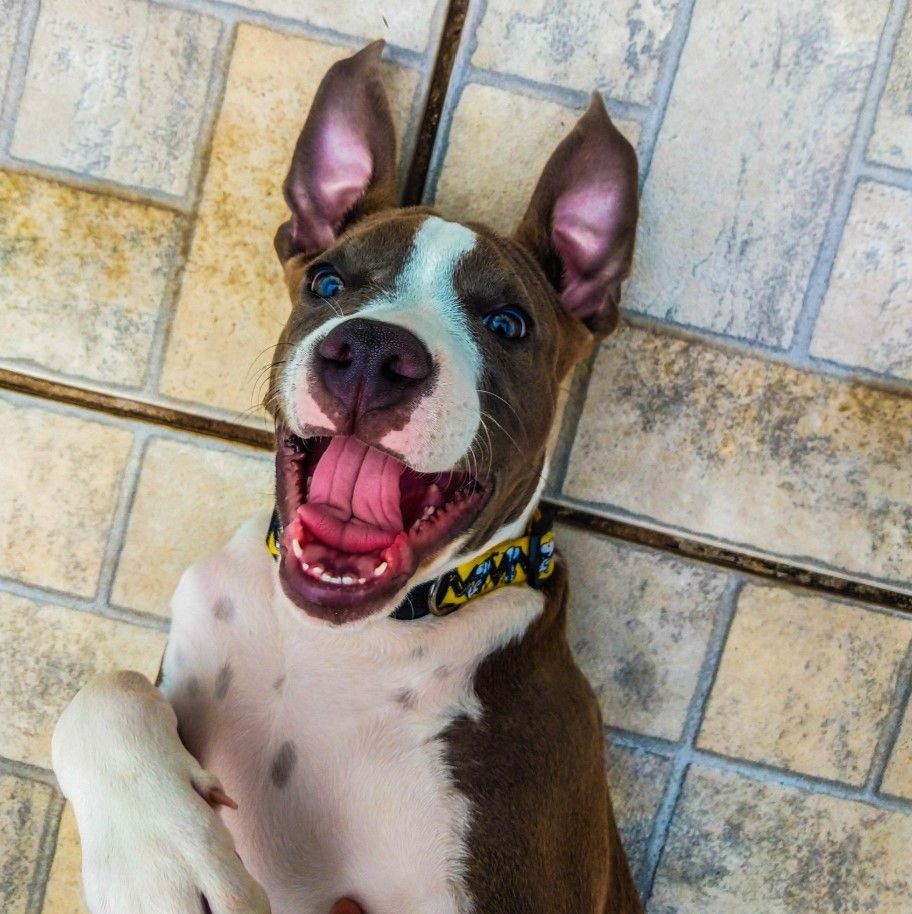Choosing the Right Dog Trainer: How to Find the Best Dog Trainer For You
Choosing the Right Dog Trainer for You and Your Dog!
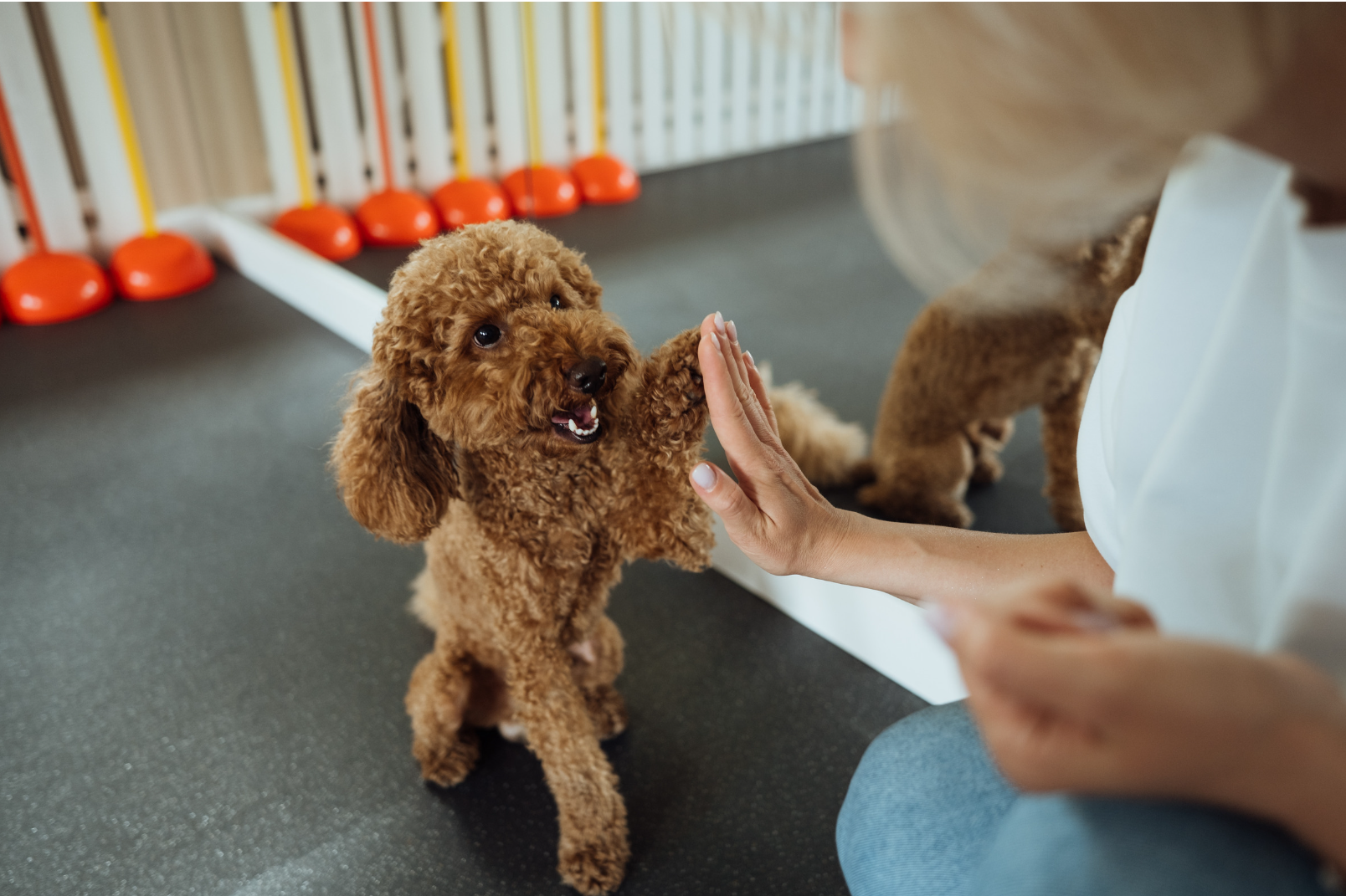
Finding the right dog trainer is one of the most important steps you can take to ensure your dog’s long-term behaviour, happiness, and overall well-being. Whether you want to address specific behavioural issues or simply help your dog learn basic commands, choosing a trainer who meets high standards is crucial.
With so many trainers out there, it's important to know what to look for and what to avoid. In this blog, we’ll guide you through the process of finding a qualified, certified, and ethical dog trainer who will provide you with the tools you need from day one.

Why Certification & Qualifications Matter
It may come as a surprise, but not all dog trainers are officially qualified or certified. In fact, the dog training industry is largely unregulated, meaning anyone can call themselves a “dog trainer” without having completed any formal education or training.
A certified dog trainer has undergone rigorous education, passed examinations, and keeps up with continuing education to stay updated on the best practices in the industry. Certification also often means the trainer follows a code of ethics and meets professional standards in the industry.
Choosing a qualified dog trainer is essential because it directly impacts the effectiveness and safety of your dog’s training. Unqualified trainers may use outdated or harmful methods that can create more problems than they solve, while a certified trainer will have the knowledge to customise their approach based on your dog’s unique needs and behavior.
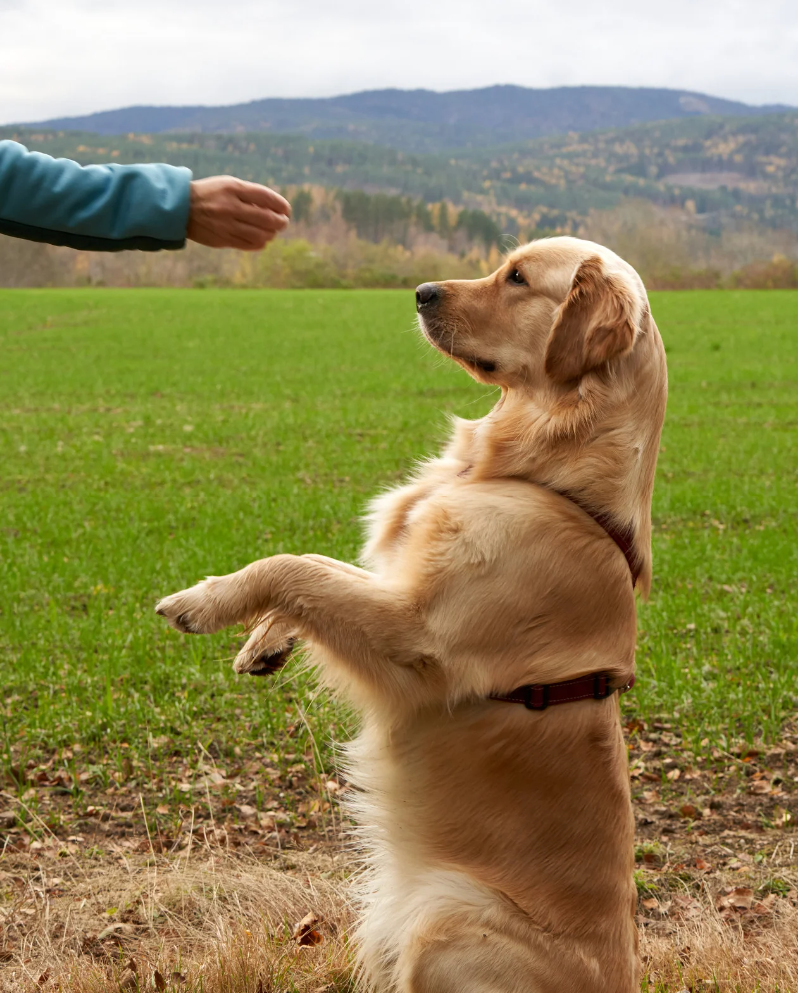
The Problem with Drip-Feeding Training Information
One of the biggest issues we hear from dog owners is that many trainers stretch out the training process, often providing information in small doses over several weeks or months. While this might sound like an affordable option on paper, the costs can quickly add up, and progress can feel frustratingly slow. Some trainers use this method to keep clients coming back for as long as possible, offering what seems like a low-cost session price that, in the end, becomes expensive when you factor in the number of sessions required.
However, dog owners need the right tools upfront. A good trainer should give you the knowledge and skills you need right away so that you can start working with your dog immediately. The aim should be to equip you, the owner, with the understanding and techniques necessary to train your dog in real-world situations, rather than stretching out the process for the sake of scheduling more sessions.
What To Look For In a Dog Trainer
So how do you find the best dog trainer for your needs? Here are some critical factors to consider:
1.
Credentials and Certification
Look for trainers who are certified by recognised organisations such as Unitec or similar institutions. Certification ensures that the trainer has formal education in animal behavior and training techniques.
2.
Methods and Philosophy
Positive reinforcement is widely regarded as the most effective and humane training method. Trainers who use punishment-based methods or rely on dominance theory may do more harm than good. It’s important to ask potential trainers about their training philosophy and ensure they use ethical, evidence-based approaches.
3.
Tailored Training Programs
Every dog is different, so a one-size-fits-all approach won’t work. The best trainers will assess your dog’s individual needs and create a customised plan that addresses their specific behaviour and temperament. Whether your dog is shy, reactive, or overexcited, their training should be tailored accordingly.
4.
Transparency and Honesty
Trainers should be upfront about how long the training process is likely to take and what you can expect. Beware of trainers who promise quick fixes or solutions that sound too good to be true. Similarly, avoid those who insist on long-term training programs that stretch out basic learning over numerous sessions.
5.
Reputation and Reviews
Take the time to research trainers online and read reviews from other dog owners. You can also ask for referrals from veterinarians, local pet owners, or animal behaviorists. Trainers with strong reputations will often have positive feedback from clients who have seen real results.
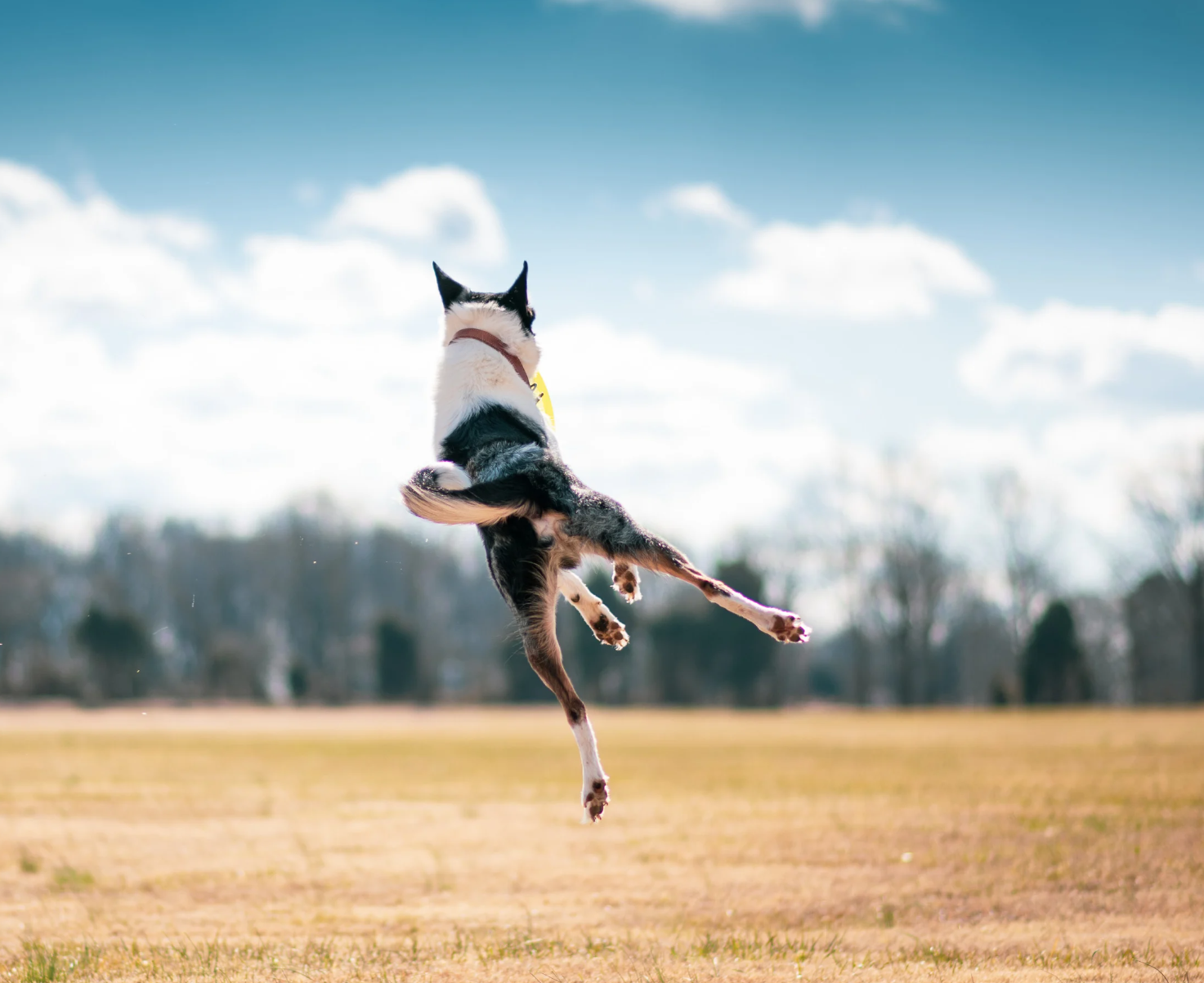
How to Avoid Long, Drawn-Out Training Programs
Many dog owners are eager to get started with training but find themselves stuck in extended programs that don’t seem to make progress. This issue can arise when trainers prioritize the quantity of sessions over the quality of information provided.
Instead, look for trainers who are focused on giving you all the tools and information upfront. A good trainer understands that dog owners need to be equipped with the right skills from day one, so they can practice and reinforce those behaviors outside of formal training sessions. This approach saves time and money in the long run, and helps build a stronger bond between you and your dog as you apply what you’ve learned in real-life situations.
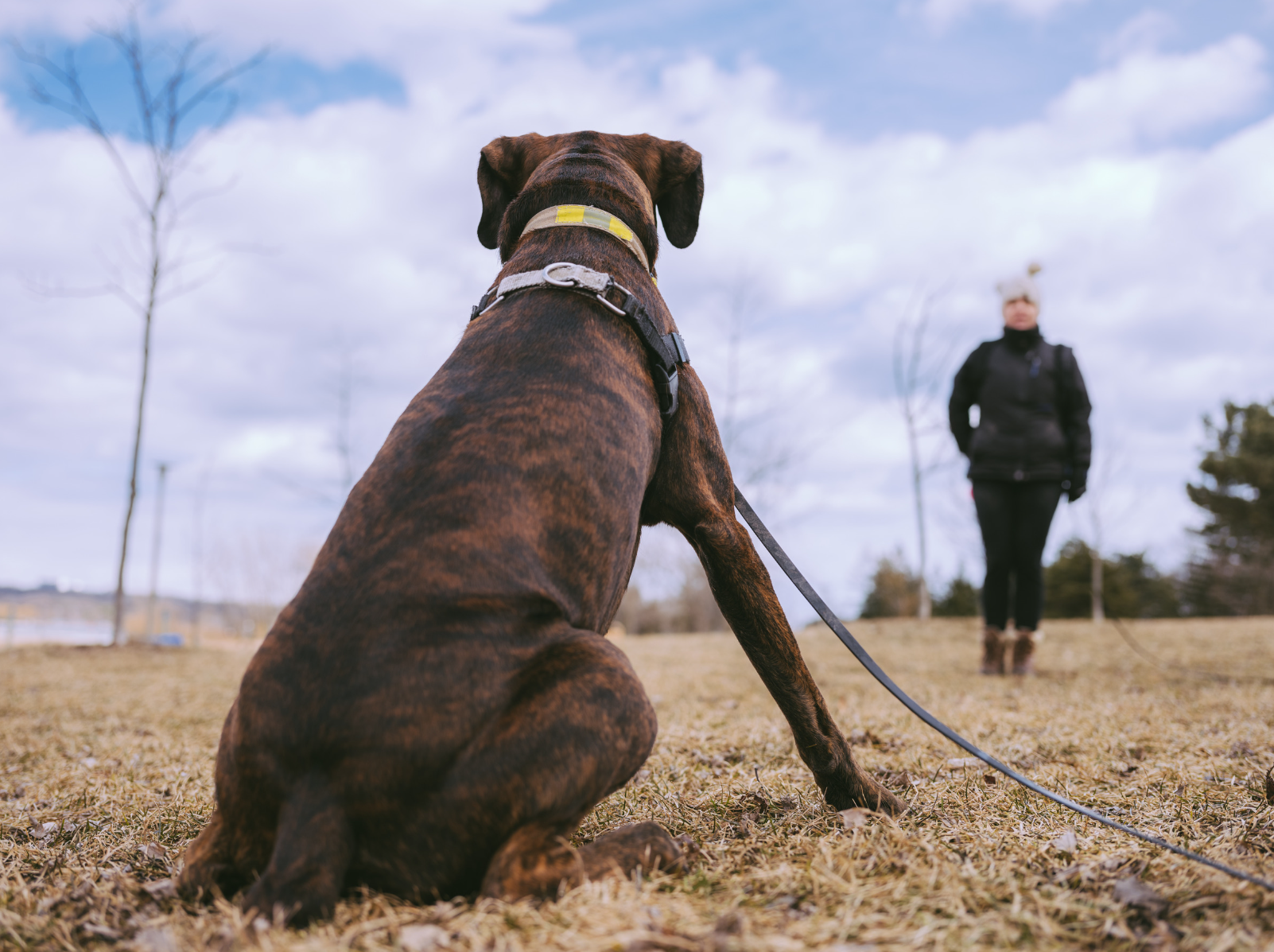
Conclusion
Choosing the right dog trainer is essential for your dog’s long-term success. To avoid frustration and wasted time, it’s important to find a certified, qualified trainer who uses effective methods and provides the tools you need from the start. By doing your research, asking the right questions, and focusing on trainers who prioritise results over prolonged sessions, you can set yourself and your dog up for success.
When in doubt, remember: the best dog trainer will equip you with the skills you need to train your dog confidently and effectively, without the need for endless sessions. Take your time in choosing the right trainer, and always prioritise qualifications and a proven track record over flashy marketing or low-cost promises.

